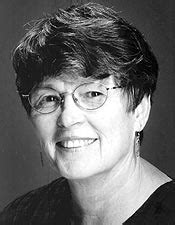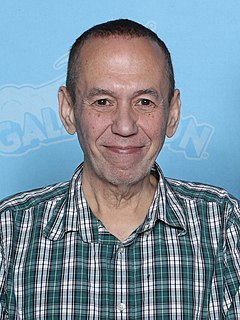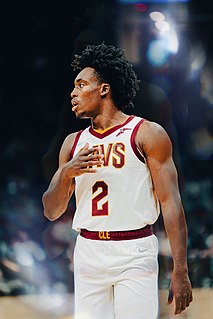A Quote by Todd Haynes
You'll see in 'Carol' a lot of shots shot through windows, glass and awnings, with interruptions between where we are and where our object is. To me, I hope that that conjures the whole act of looking as a predicament, as something that is never easy and never completely attainable.
Related Quotes
The time to hurry is in between shots. It's not over the shot. It's timing how people walk. You have to add that to the equation. If you've got somebody walking slow and they get up to the shot and take their 20 seconds, what's the aggregate time for them to hit that shot in between shots? That's what really matters. It's not the shot at hand.
Not merely hope, but any burdensome yearning: ambition, hatred, love (especially love) - how rarely do our emotions meet the object they seem to deserve? How hopelessly we signal; how dark the sky; how big the waves. We are all lost at see, washed between hope and despair, hailing something that may never come to rescue us. Catastrophe has become art; but this is no reducing process. It is freeing, enlarging, explaining. Catastrophe has become art: that is, after all, what it is for.
I was Jewish, through and through, although in our house that didn't mean a whole lot. We never went to synagogue. I never had a Bar Mitzvah. We didn't keep kosher or observe the Sabbath. In fact, I'm not so sure I would have known what the Sabbath looked like if it passed me on the street, so how could I observe it?
I compare a lot of life to looking at a map through a straw. The less ability you have to see life in a humorous way, the smaller the straw is that you're looking at the map of life. You're not looking at the whole picture. You can't see the whole topography without it, and it can help you to make better choices.
The precise effects of lensing depend on the mass of the lens, the structure of space-time, and the relative distance between us, the lens, and the distant object behind it. It's like a magnifying glass, where the image you get depends on the shape of the lens and how far you hold it from the object you're looking at.





































